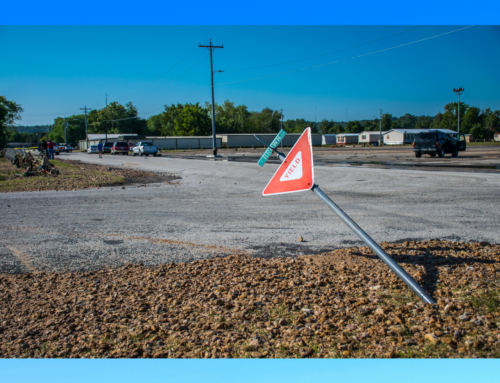Who would have thought that there would be a strong correlation between health and home ownership? The effects of poverty on health are astonishing.
Public health researchers are reporting amazing correlations between growing up and living in poverty and your overall health. Studies by psychologist Sheldon Cohen of Carnegie Mellon University found a strong and graded correlation between the numbers of years that your parents owned their own home while you were growing up and your chance of catching a cold as an adult.
Note that the answer of interest is not yes or no to the question of whether your parents owned a home, but how many years they owned that home while you were growing up. The outcomes are on a gradient: The fewer years your parents owned their own home, the more likely you are to have a somewhat compromised immune system. Your ability to fight off a cold is on a ladder depending on how long your parents owned their own home.
Researchers introduced a cold virus into the subject’s nose, and if the individual’s parents always owned their own home, the odds were that this person would not get that cold. Frankly, I admire the courage of the research subjects who were willing to have cold viruses inserted into their noses. I cannot live without my hand sanitizer. You may be telling yourself that you are strong and have “good genes.” But in gene for gene comparisons in twin studies, the results showed that if twins were separated, the one who grew up “less better off” experienced greater ill health as an adult.
Don’t want to buy it yet? Making you angry? It should.
The stress of growing up in the kind of poverty we describe as the “tyranny of the moment” serves as a descriptor for what health researchers call “Toxic Stress Syndrome,” as reported by Jack Shonkoff, M.D., a pediatrician at Harvard’s Center on the Developing Child. Long-term stress can actually interrupt the development of neural pathways in the brain, as well as compromise the immune system. Hormones flood the brain when we are under tremendous stress for extended periods of time. The environmental health researchers attribute this to the locus of control. It’s power. The wealthier you are, the more control you have over your life and the more choices you have. This equates to the power factor. Your perceived power is directly related to your health from the moment you are born.
Is this stressful poverty descriptive of poverty in America? These environmental health studies all take place in the United States or in Great Britain. The U.S. has the highest gross domestic product, yet ranks 25th in overall health among the wealthiest countries in the world. As you know, one in five of our kids is growing up in significant poverty. How about the fact that in certain ZIP codes in our major cities which are “pockets of poverty,” the diabetes rate climbs to 60%? There are pockets of poverty in Louisville, Kentucky without a single chain grocery store to offer access to important low-priced fruits and vegetables.
Some of my family members grew up in a large Ohio city before there were Environmental Protection Agency controls. I can still remember the stifling toxins in the air in the industrial sectors of Ohio cities in the early ’60s. It was as if someone put a rusty pillow over your face and pressed down. A friend who grew up there told me he now has asthmatic symptoms, but he exercises and enjoys a good life. But what of his early years? His parents never owned their own home, renting a second story apartment with one bedroom. Three children slept in a room off the living room that had no door, just an entryway. He only realized recently why that room had no door. It was meant to be the dining room.
What might have saved his future health were the summers he spent in Central Ohio with his grandparents, who owned their own farm. There he enjoyed clean air and space to run around in the woods and fields. What a different world from that second story rented flat in the industrial part of town. Not everyone had summers on the farm. We know that the experience of poverty can be much more stressful for some than for others.
Given that we all make choices that may be unhealthy, wealth is correlated with the opportunity to have a healthier lifestyle, cleaner air, and less stress in knowing where you will stay and whether there will be food tonight. We all experience some stress, but it is not the “executive road warrior” who has the most stress. It is our American kids growing up in poverty.
Then there is the race issue. Even within the same class and environments, non-whites are more likely to have increased ill health in America. Researchers point to the stress brought about by discrimination, whether overt or covert. Countries with less discrimination show weaker correlations between the health of whites and non-whites. We are making inroads. We’re not there yet.
So what is the public health sector saying we can do to improve health in the United States? Reduce poverty and social injustice. Those of us who are embedded in Bridges Out of Poverty don’t think poverty is sustainable. We think people in poverty are problem solvers. It’s time to welcome people in poverty to the community collaborative forum.
What do you think? Want to find out more? See our free downloads, “A Platform for Economic Justice” and “Health and Poverty through the Lens of Economic Class,” available online at www.ahaprocess.com.
*Note: The data reported here are from the documentary Unnatural Causes: Health Inequities in the United States.








